
Health & Medicine
He made beer that’s also a vaccine. Now controversy is brewing
An NIH scientist’s maverick approach reveals legal, ethical, moral, scientific and social challenges to developing potentially life-saving vaccines.
Every print subscription comes with full digital access

An NIH scientist’s maverick approach reveals legal, ethical, moral, scientific and social challenges to developing potentially life-saving vaccines.
We summarize the week's scientific breakthroughs every Thursday.

Like exercise, gratitude takes many forms. Finding the right practice, research shows, is up to the individual.

These five early- and mid-career researchers are shaking up what we know about the Arctic, black holes and beyond.
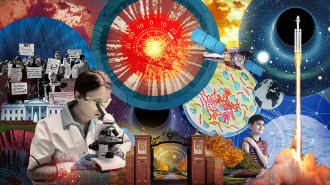
Expectations of continued success for American science were shaken this year when the Trump administration cut billions of dollars in funding and fired thousands of scientists.
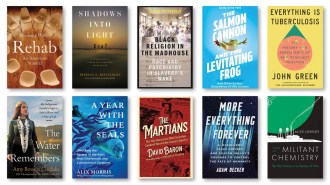
Books about AI, Mars and infectious disease were among our top reads this year.
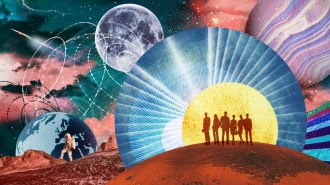
Funding uncertainties are pushing U.S. space scientists out of the field and putting existing and future space missions on the chopping block.

Recent U.S. decisions about vaccines signal bigger changes to come that could threaten the foundation of the national childhood immunization schedule.
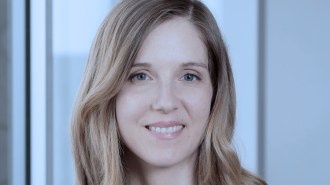
Polar marine ecologist Marianne Falardeau investigates how Arctic ecosystems are shifting under climate change.
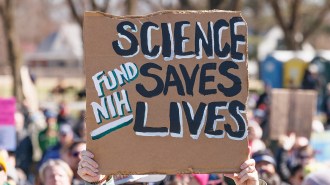
In 2025, the Trump administration froze or ended about 5,300 NIH and NSF research grants totaling over $5 billion in unspent funds, a decision that reshaped many fields of science.
People who use search engines develop deeper knowledge and are more invested in what they learn than those relying on AI chatbots, a study reports.
Subscribers, enter your e-mail address for full access to the Science News archives and digital editions.
Not a subscriber?
Become one now.